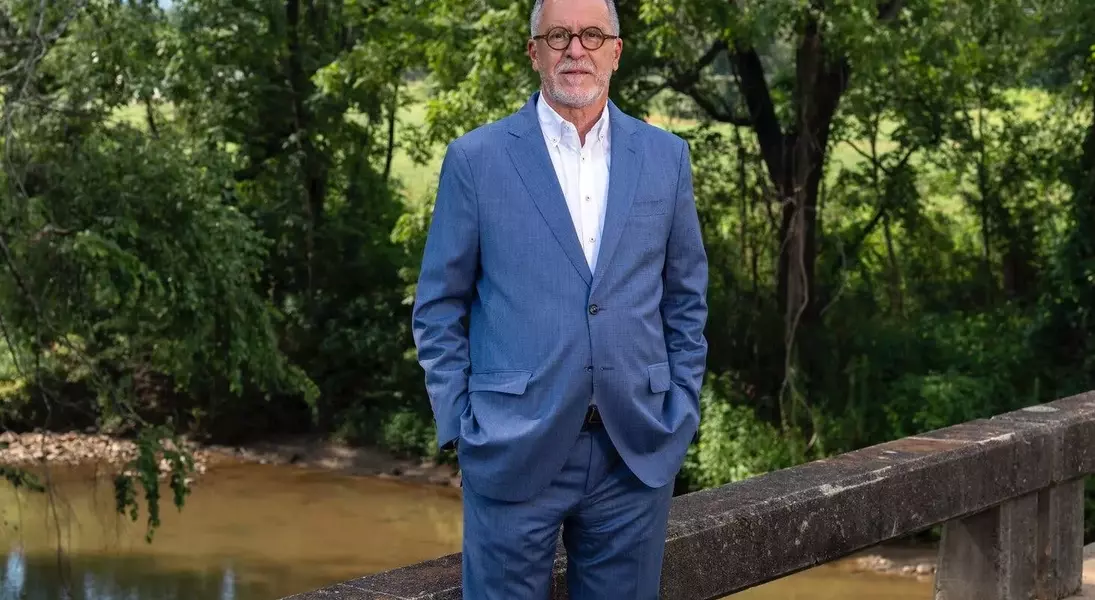
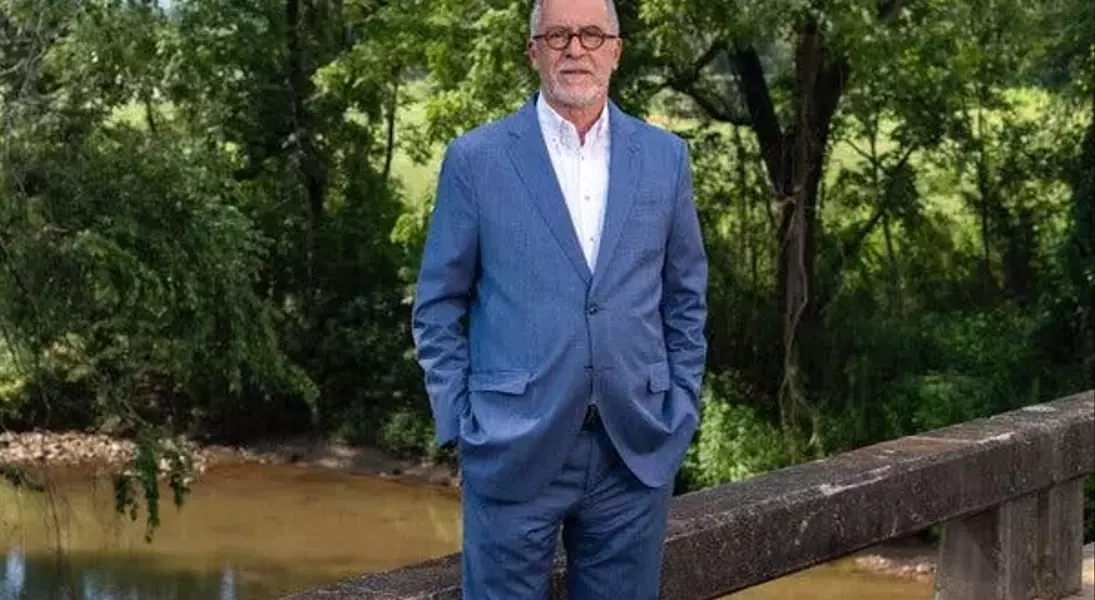
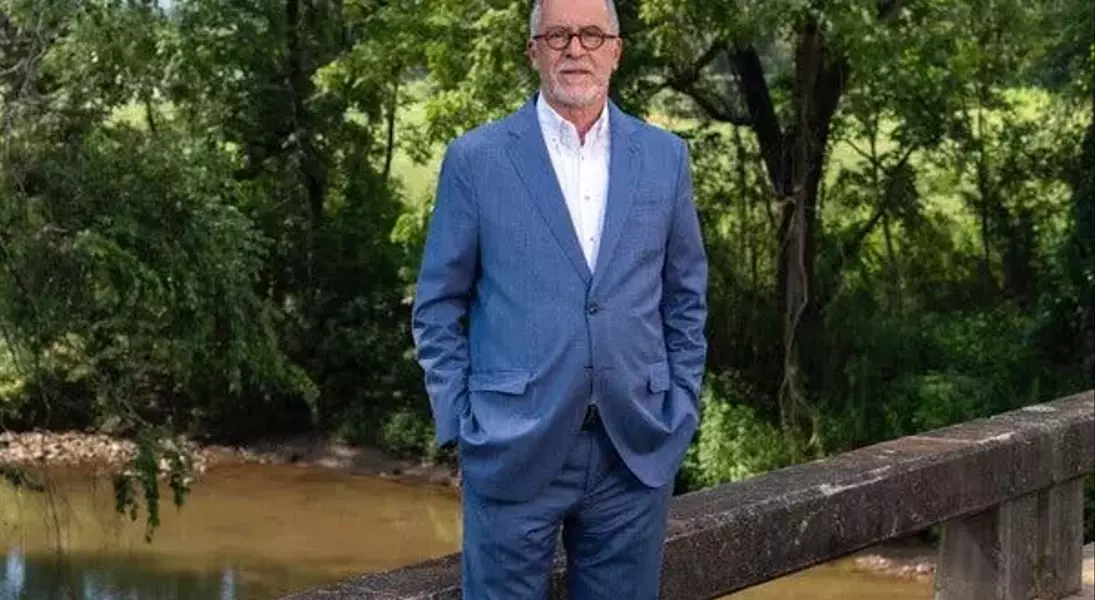
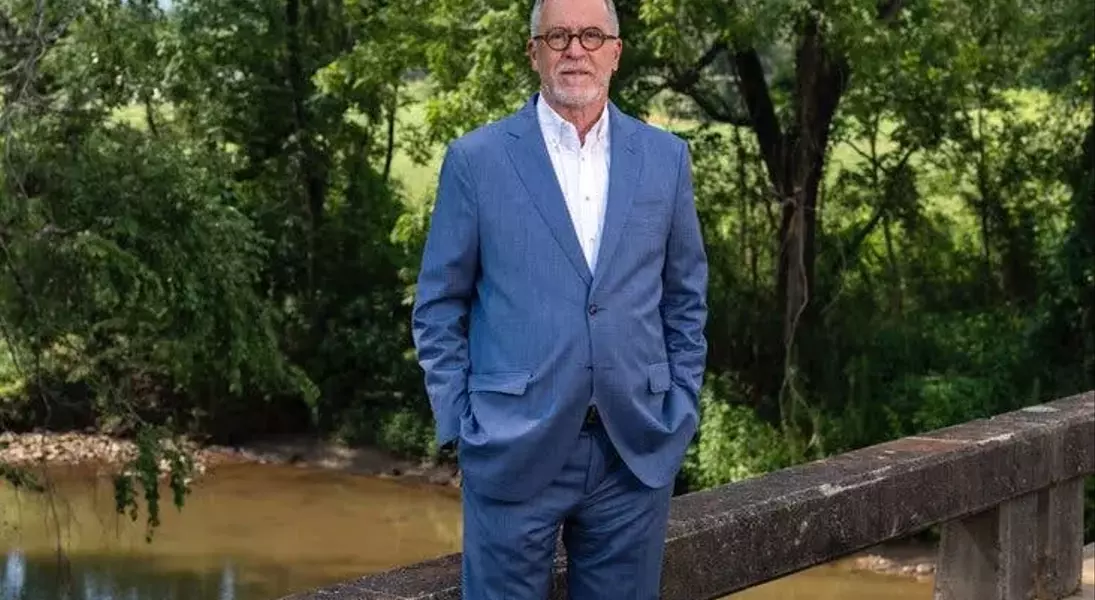


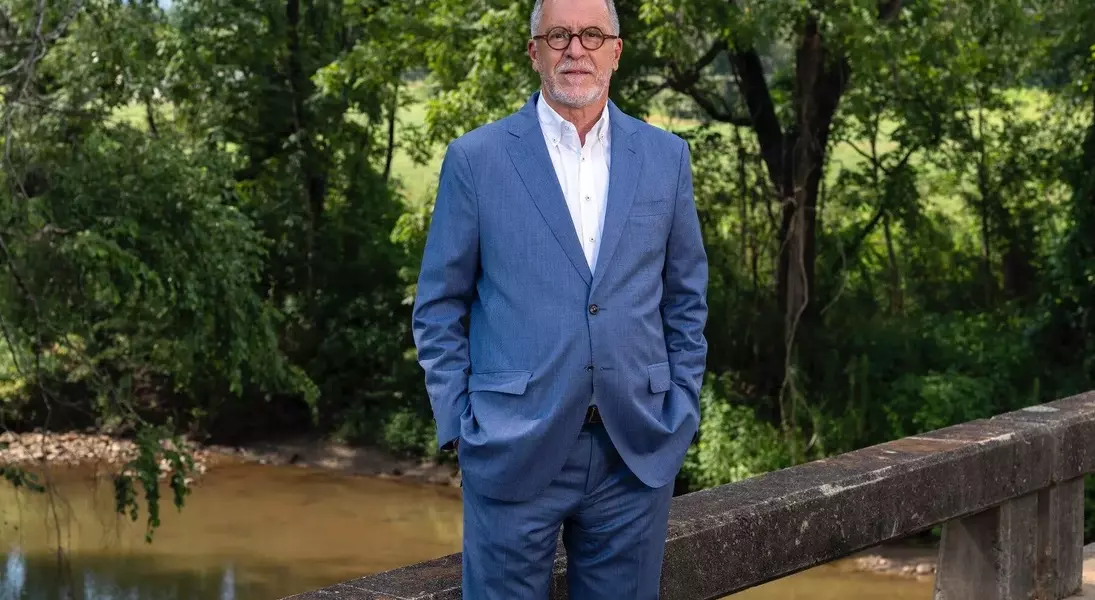
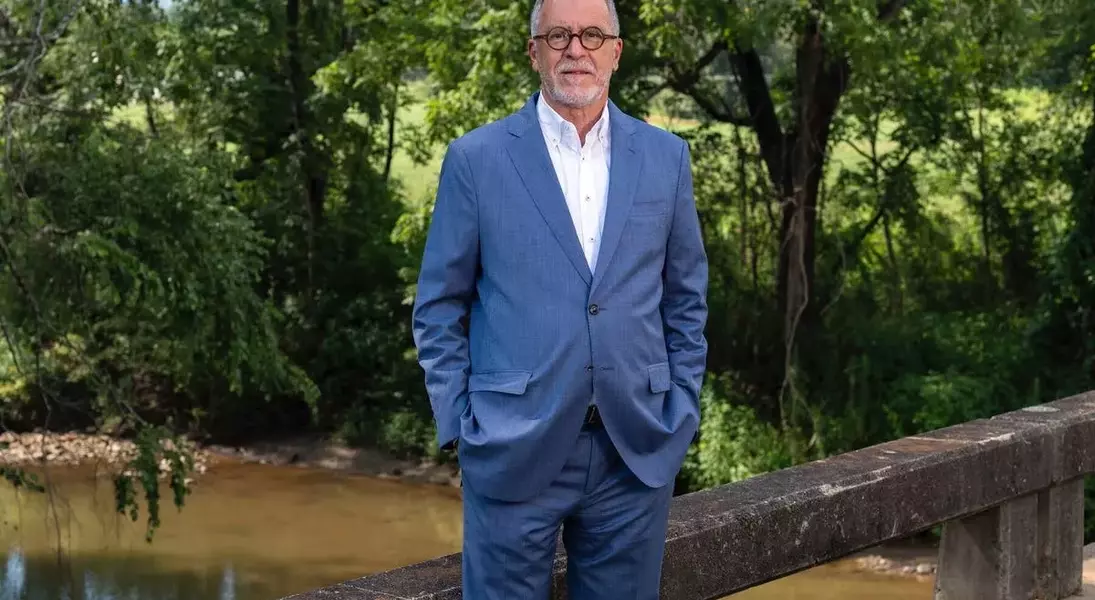
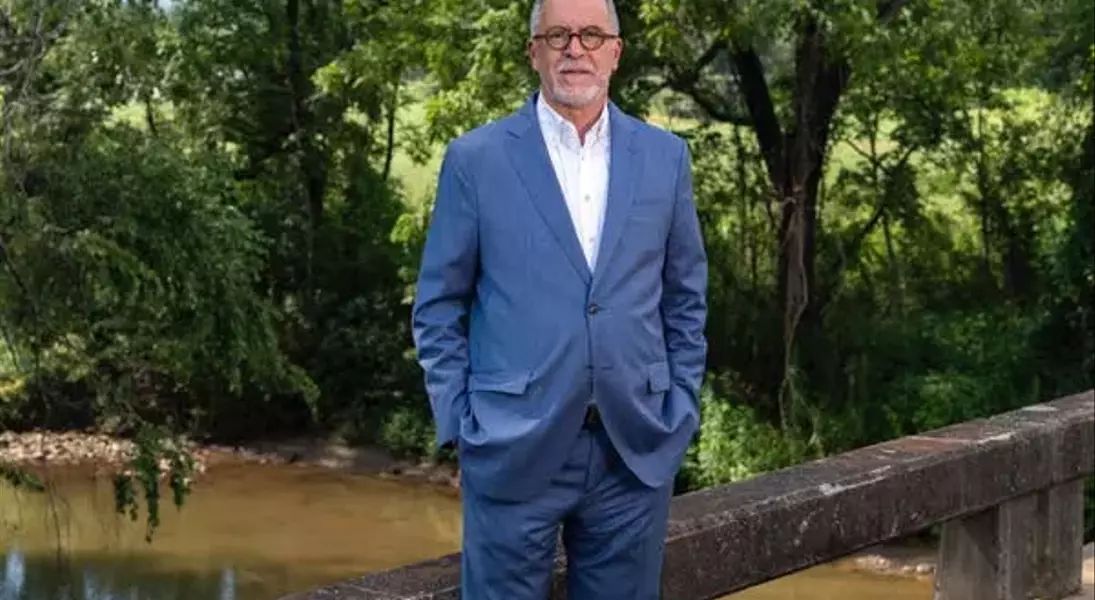





When Hurricane Helene ravaged the Eastern Seaboard, particularly Western North Carolina, it severed nearly all forms of communication, creating what college president Damián Fernández called a 'vacuum of information'. This dramatic event forced communities, including Warren Wilson College, into an unexpected reliance on direct, person-to-person interaction and resourcefulness for survival. Roads were impassable, power and internet were down, and the community found itself in an almost pre-digital age, where sharing information meant gathering in person and relying on oral traditions. The students, familiar with manual labor from their curriculum, quickly adapted, undertaking tasks from clearing debris to managing sanitation, highlighting a unique blend of academic sensibility and practical skills.
Amidst the chaos, a wave of panic swept through the college with unverified reports of a dam failure. This crisis underscored the dangers of misinformation in a disrupted information landscape. While students stampeded in fear, fueled by rumors, the college president, Damián Fernández, struggled to verify the alarming news, realizing the fragility of modern communication. The incident served as a stark reminder of how natural disasters don't just destroy physical infrastructure but also cripple the intricate web of information networks we depend on. In the absence of digital connectivity, old forms of communication, such as radio, resurfaced as lifelines, demonstrating their enduring importance in times of crisis.
This period of profound disconnection offered a unique perspective on the modern human condition, revealing both vulnerabilities and strengths. The community's struggle to piece together information from scarce, fragmented sources highlighted a return to a more direct, sensory engagement with their surroundings, contrasting sharply with the 'flood' of often overwhelming digital information. It underscored the crucial role of trust and shared experience in a community, especially when external information channels fail or are corrupted by disinformation. Ultimately, the hurricane experience, while devastating, fostered a deeper appreciation for genuine human connection and the resilient spirit of communities facing adversity.
This challenging period ultimately served as a profound lesson in human resilience and the invaluable nature of authentic connection. It highlighted that while our reliance on technology can make us vulnerable, the capacity for compassion, direct communication, and collective action remains an unbreakable force. In the face of overwhelming odds and pervasive misinformation, the human spirit's ability to adapt, to support one another, and to rebuild, shines brightest, reaffirming the enduring strength of community bonds.
